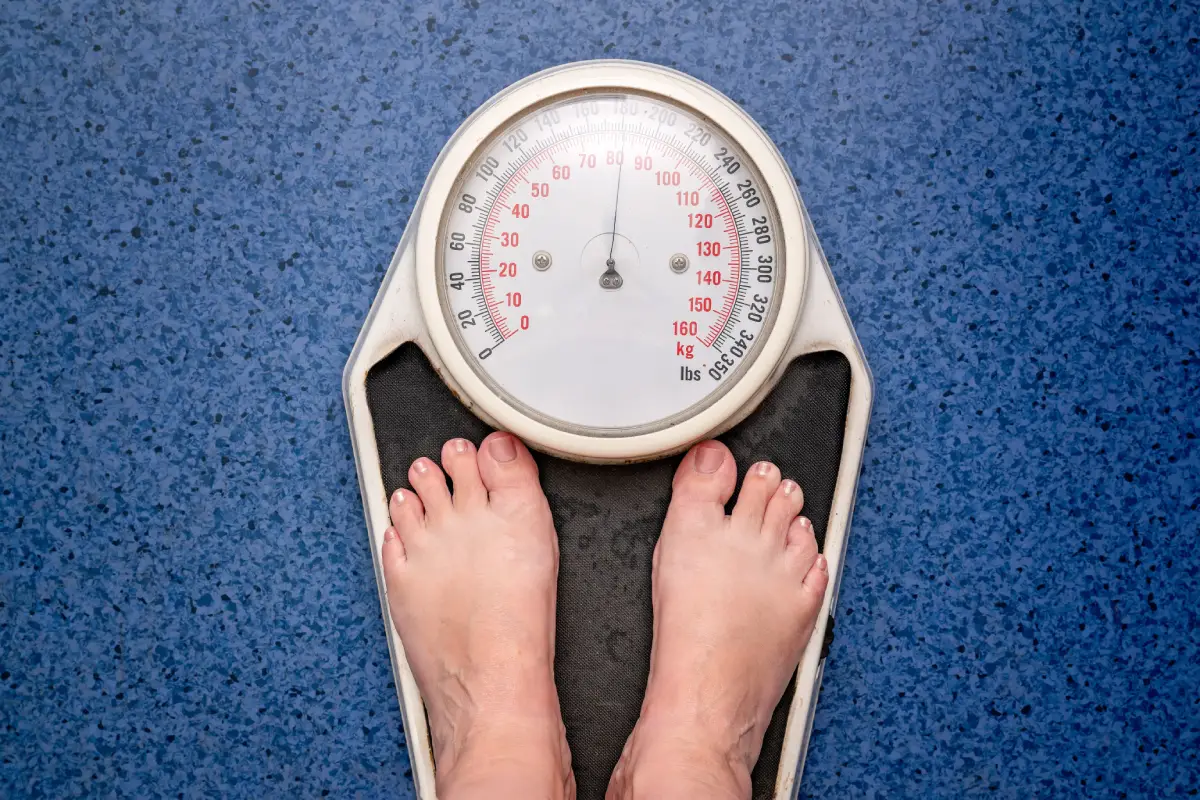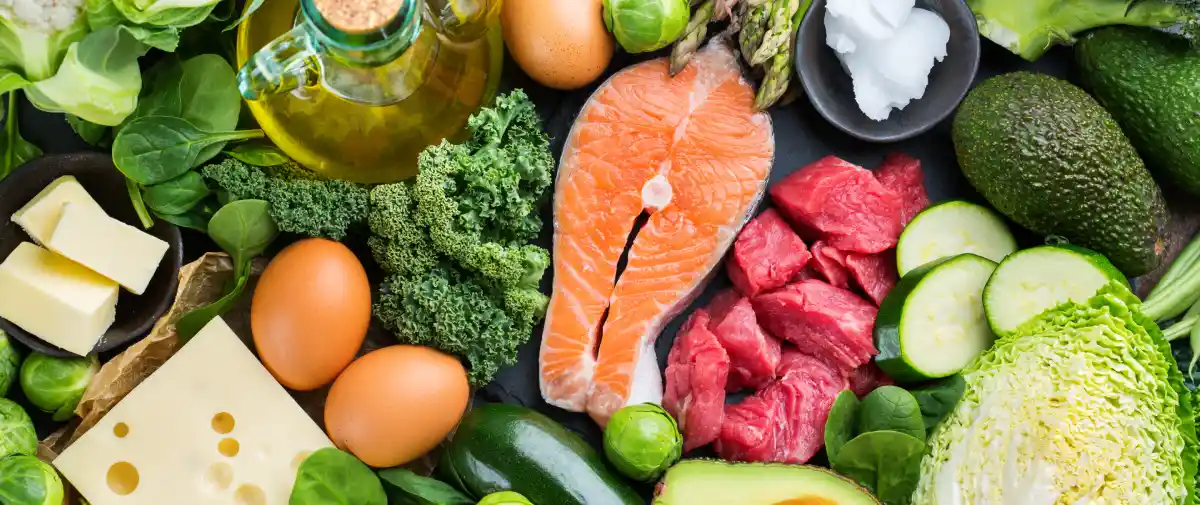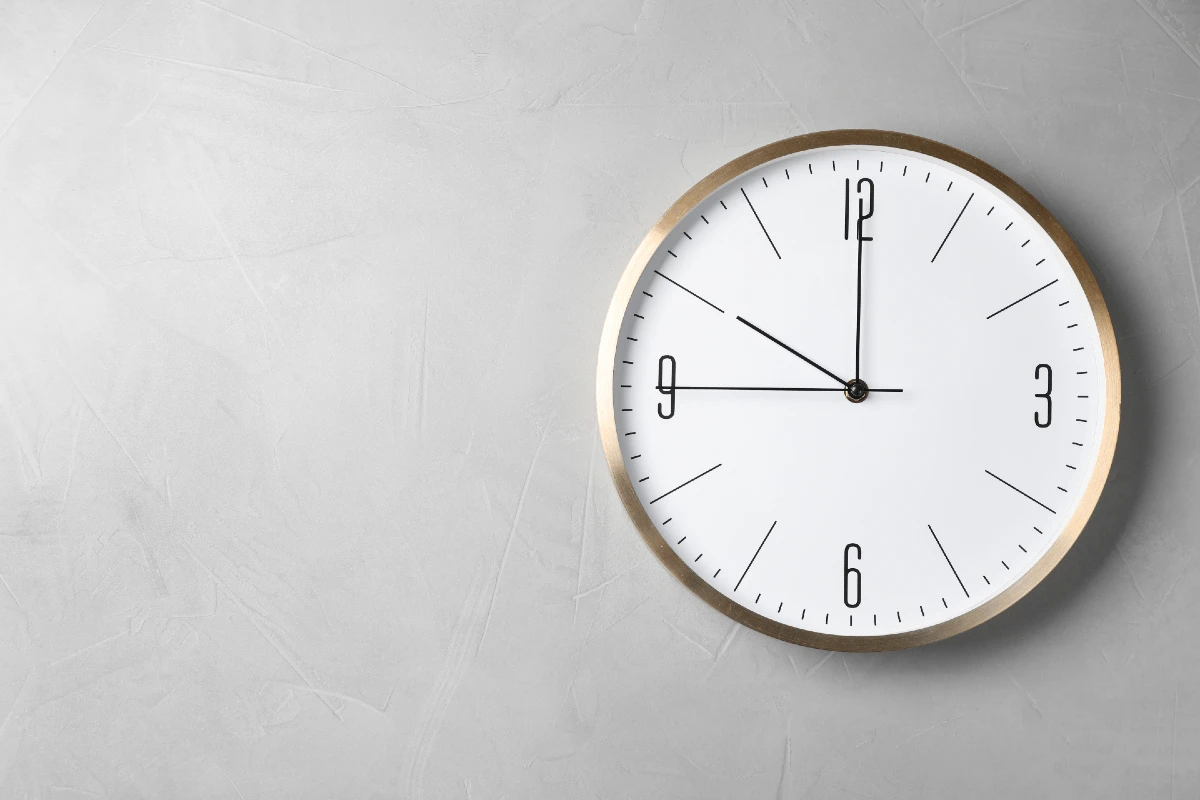We use cookies to help provide you with the best possible online experience.
By using this site, you agree that we may store and access cookies on your device. Cookie policy.
Cookie settings.
Functional Cookies
Functional Cookies are enabled by default at all times so that we can save your preferences for cookie settings and ensure site works and delivers best experience.
3rd Party Cookies
This website uses Google Analytics to collect anonymous information such as the number of visitors to the site, and the most popular pages.
Keeping this cookie enabled helps us to improve our website.
Social Prescribing Resource Sheet:
Eating to Build Yourself Up
Eating to Build Yourself Up
This resource page includes a selection of services, tools, and organisations that others have found helpful.
If you require further support in accessing these, or other services, please contact the Social Prescribing Team on 01308 428943 or contact us via our online form.

Social Prescribing is available at your GP Surgery
If you live in Bridport, Beaminster, Lyme Regis or the wider West Dorset area, you can speak directly with our Social Prescribers and Care Coordinators - no referral needed.
- Support with finances
- Getting Active
- Hobbies and Interests
- Connecting to Community
- Supporting wellbeing
- Help with Long Term Conditions
A simple guide for older adults
Why it matters: If you are underweight, eating well can help you feel stronger, have more energy, and stay healthy.
Eat regular meals and snacks
Try to eat:
- 3 meals a day
- 2 to 3 snacks between meals
- Don’t skip meals – even small ones help.
Eat more protein: Protein helps your muscles stay strong.
Good protein foods:
- Eggs
- Chicken, turkey, beef, pork
- Fish like salmon or sardines
- Cheese, milk, yogurt
- Beans, lentils, chickpeas
- Peanut butter and nuts
Tip: Add grated cheese to soups, potatoes, pasta or scrambled eggs.
Choose filling carbohydrates
These foods give you energy:
- Bread, toast, crumpets
- Potatoes, rice, pasta
- Porridge and cereals
Tip: Add butter, margarine or oil to meals for more energy.

Add Healthy Fats
Fats are full of energy and help with weight gain.
Try to use:
- Butter, cream, cheese
- Olive oil
- Full-fat milk and yogurt
- Peanut butter or nut butters
Drink Nourishing Fluids
Try:
- Full-fat milk
- Smoothies with fruit, oats and yogurt
- Milkshakes with banana, nut butter or ice cream
- Hot chocolate made with milk
Easy snacks between meals
Try:
- Cheese and crackers
- Toast with peanut butter or jam
- Yogurt with fruit or honey
- Rice pudding or custard
- A slice of fruit loaf or cake with butter
- Nuts and dried fruit
A sample day of eating
- Breakfast: Porridge with banana and honey, toast with butter
- Morning Snack: Yogurt and a handful of nuts
- Lunch: Chicken sandwich with cheese, creamy soup
- Afternoon Snack: Milkshake with banana, peanut butter and oats
- Dinner: Fish or meat with mashed potatoes, veg and butter
- Dessert: Custard or sponge pudding
- Evening Snack: Toast with cheese and a glass of milk

Other tips
- Move a little each day – even a short walk helps
- Weigh yourself once a week
- Talk to your nurse or doctor if you're not gaining weight after 4–6 weeks
- If eating is hard (e.g. chewing or swallowing), ask for help
Further Information
While we hope you may find something here that supports you, please note that these resources are not all officially endorsed by the NHS. We endeavour to ensure that all listings are accurate and up to date, but please be aware that we cannot guarantee this at all times.
If you are a local service, organisation or group that would like to be included in this guide, please contact us via secure online form or call the PCN Admin Team on 01308 801810 and tell us about your support offering.
Last updated: July 2025.
